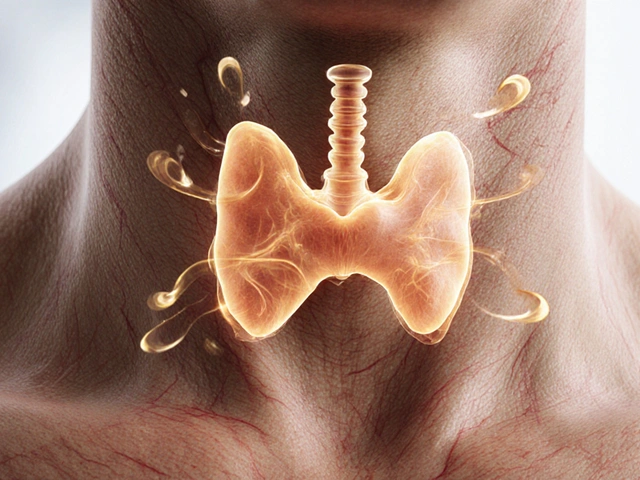Antidepressant Medications: What They Are and How They Work
Feeling down for a long time? Antidepressants are prescription drugs that help lift mood by balancing chemicals in the brain. They’re not a magic fix, but for many people they can reduce sadness, improve sleep, and give back some energy. If you’ve been told a doctor might recommend one, you probably have questions about what it does, how fast it works, and what to expect.
Types of Antidepressants You’ll Commonly See
The market is split into a few major families. SSRIs (selective serotonin reuptake inhibitors) like fluoxetine or sertraline are the most popular first‑line choices because they usually have fewer side effects. SNRIs (serotonin‑norepinephrine reuptake inhibitors) such as venlafaxine add a second chemical to the mix and can help when pain or fatigue are also big problems. Tricyclic antidepressants are older, work well for certain cases, but tend to have more side effects like dry mouth or dizziness. MAOIs are powerful but require strict diet rules to avoid dangerous reactions. Finally, atypical agents like bupropion or mirtazapine sit outside those groups and are chosen for specific symptoms like low libido or weight loss.
Choosing the Right Antidepressant and Managing Side Effects
The best drug for you depends on your symptoms, health history, and any other medicines you take. Start with a low dose and let your doctor raise it slowly—that way you can spot side effects early. Common issues include nausea, headaches, or a brief increase in anxiety; most fade after a week or two. If you notice anything severe, such as a racing heart or thoughts of self‑harm, call a professional right away.
It can also help to track how you feel each day. A simple notebook or phone note can show patterns that tell you whether the medication is helping or if the dose needs tweaking. Remember, antidepressants usually need 4‑6 weeks to show full effects, so patience is key.
Beyond the pills, lifestyle changes boost results. Regular exercise, a balanced diet, and consistent sleep make the brain more responsive to treatment. If you drink alcohol, keep it moderate—mixing it with many antidepressants can increase drowsiness or liver strain.
Don’t stop a medication abruptly. Your doctor will set a taper schedule to avoid withdrawal symptoms like flu‑like aches or mood swings. Even if you feel better, finish the prescribed course; stopping early can cause symptoms to return.
For people worried about weight gain, choose an antidepressant known for a neutral or weight‑loss profile, like bupropion. If you’re dealing with chronic pain, an SNRI may hit both mood and pain pathways at once.
Lastly, keep the conversation open with your healthcare team. Share any new symptoms, medication changes, or over‑the‑counter supplements you start. Good communication ensures the dose stays right and the treatment stays safe.
Antidepressants are a tool, not a cure‑all. When paired with therapy, support from friends, and healthy habits, they can give you a solid foundation to feel better and get back to the things you enjoy.






